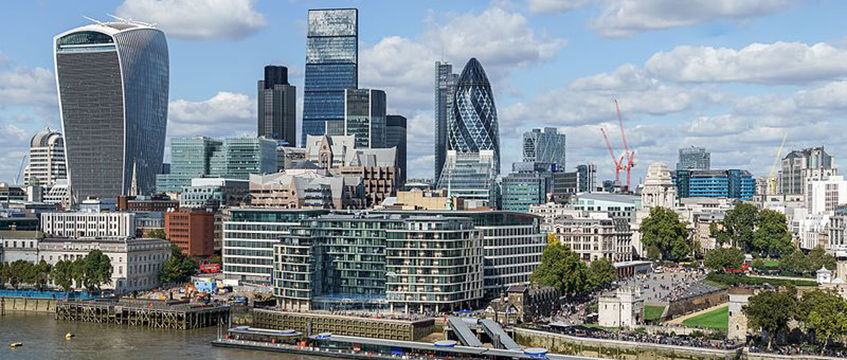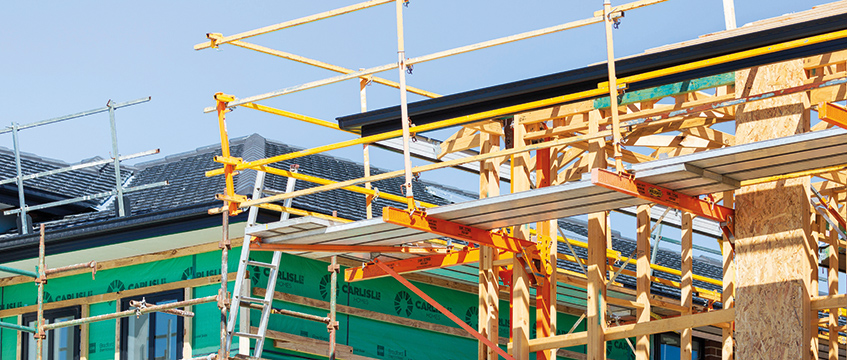London is undoubtedly Europe’s tech capital.
It has topped the European Union’s digital cities index since it was launched, and dominates the European tech sector – as well as making waves on the global stage – thanks to a mix of ready access to funding, a wide pool of talented labour and a sympathetic regulatory regime.
Even high labour costs and the astronomical cost of office space have not dented its reputation.
Will that dominance be sustained post-Brexit? Nobody knows, but Google’s decision to press on with its 870,000 sq ft campus at King’s Cross, N1 – a revised plan was submitted mid-2017 – suggests no great exodus is likely.
THE OCCUPIERS
Google, Microsoft and Apple head a long list of major tech players in a market that seems to be constantly on the move, with decisions driven more by labour and opportunity issues than by hard-and-fast rules about which parts of the city are best for tech.
Yahoo’s parent company, Verizon, is looking for new West End headquarters of up to 80,000 sq ft, while Spotify and Snapchat are among a host of businesses upscaling in London, taking 20,000 sq ft apiece near Oxford Circus.
ONE TO WATCH
Keep your eye on Mimecast, the cyber security business – one of the few to benefit from increasing panic about online ransom attacks.
The business is looking to expand from 60,000 sq ft to 80-100,000 sq ft and said to be focusing on a City of London shortlist.
Scale-ups to watch include Deliveroo, fresh from another fundraising, and finance businesses Borro and Wonga.
WHO TO KNOW
Eileen Burbidge
Chair, Tech City UK and founder, Passion Capital
Gerard Grech
Chief executive, Tech City UK
Rajesh Agrawal
Deputy mayor of London for business, and founder of tech start-ups RationalFX and Xendpay
Martha Lane Fox
Director, Twitter, and UK legislator
Riccardo Zacconi
Chief executive, King Digital, creator of Candy Crush











